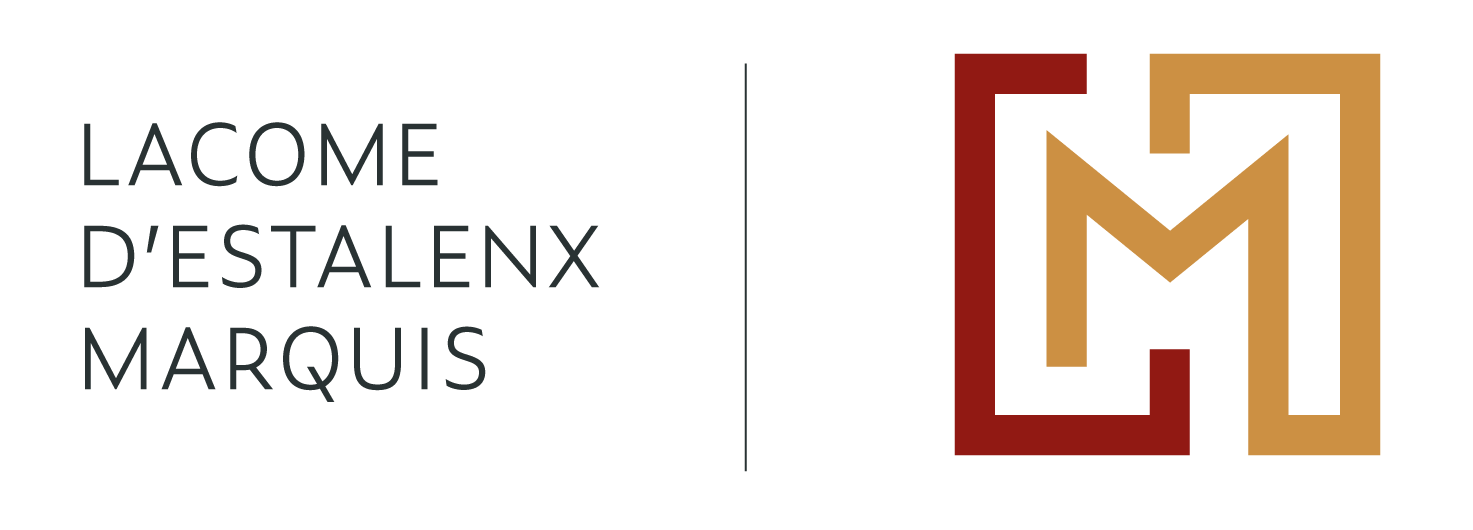
INCORPORATING IN FRANCE: GUIDE AND STEPS TO WATCH OUT
For several years, the French government has been working to make the creation and the incorporation of companies faster and simpler while preserving the regulations necessary to ensure legal security and transparency.
Registering a company in France is relatively quick (the administrative process takes only a few days). However, there are a few things to keep in mind if you want to establish a business in France.
1. The different types of companies in FranceClassically, the types of companies in the French legal system are classified into two categories: limited liability companies and unlimited liability companies.
The companies most used by economic actors are the following:
However, it is important to note that the French legal system allows the constitution of tailor-made solutions, according to the characteristics of each project, by adapting the by-laws of each type of company and by establishing a shareholders’ agreement.
2. Stages of the registration of a company in France
The registration of a company in France involves the preparation of a certain number of documents that must be submitted to the authorities, in particular (i) a copy of the company’s articles of association, (ii) the deed of appointment of the legal representative(s) of the company, (iii) a list of the names, addresses, professions and nationalities of each of the company’s partners.
It should be noted that no share capital or minimum investment is required for most types of companies in France.
Furthermore, the legal representative of a company may be an individual resident outside France or even another company (with certain limitations depending on the type of company chosen).
3. Opening a bank account
The opening of a bank account in the name of the company in a bank in France is mandatory for the registration of most companies. This step is often the most time-consuming as banks apply extensive verification process related to anti-fraud and money laundering regulations.
However, it is necessary to underline that the opening of a bank account is not compulsory for the registration of certain companies, in particular the property investment company (Société Civile Immobilière – SCI) used for real estate investments.
4. Declaration of the ultimate beneficial owners
As part of the regulations against fraud and money laundering, France has introduced the obligation, when a company is incorporated or modified, to declare to the ultimate the beneficial owner(s) of the company.
This is a declaration mentioning the partners controlling the majority of the company’s shares or voting rights and, if these partners are themselves companies, the final individuals controlling the company registered in France.
This declaration is mandatory and is subject to strict rules.
5. Control of foreign direct investments (FDI)
Finally, it should be noted that a special control and authorization procedure is instituted for certain foreign investments concerning:
If you have any questions, please do not hesitate to contact us.
LACOME D’ESTALENX MARQUIS advises on corporate law, mergers and acquisitions, and related transactions (particularly equity transactions). We advise individuals (company directors, executives, investors, shareholders, etc.) and French and foreign companies in all negotiations for the purchase and sale of companies, transfers, acquisitions of equity interests, partnerships and joint ventures, and the restructuring of groups of companies. Our team has developed specific expertise in assisting healthcare professionals (private practitioners, pharmacists, etc.) in the creation and development of their practice and investment structures.

